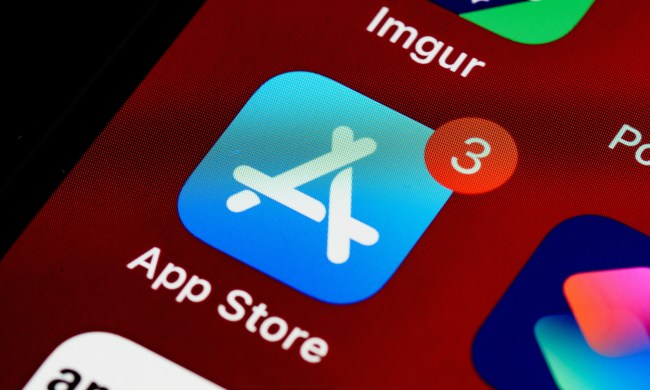Ubisoft has filed a copyright infringement lawsuit against Apple and Google for allowing a rip-off of 2015’s Rainbow Six: Siege on their respective app stores.
In a complaint filed in a Los Angeles federal court, Ubisoft claimed that Area F2, a multiplayer mobile shooter created by Alibaba-owned Ejoy, is a “near carbon copy” of Rainbow Six: Siege, Bloomberg reported.
Ejoy, which was acquired by Alibaba in 2017, started promotions for Area F2 in the U.S. late last year on channels such as Facebook, Instagram, Twitter, and YouTube. The game was listed on the App Store and Google Play Store last month, and is still currently available for download to mobile phones and tablets.
Ubisoft has notified Apple and Google about the copyright infringement of Area F2, but they have both refused to take down the game, according to Bloomberg.
According to Ubisoft’s lawsuit, there are 55 million registered players of Rainbow Six: Siege across the world, with more than 3 million players daily, making the game one of the publisher’s “most valuable intellectual properties.” As such, competitors are always looking to “piggyback” on the shooter’s success and popularity, the publisher said.
Area F2 as a rip-off of Rainbow Six: Siege could not “seriously be disputed,” Ubisoft said. “Virtually every aspect of AF2 is copied from R6S, from the operator selection screen to the final scoring screen, and everything in between,” the publisher alleges.
Ubisoft did not explain why it is suing Apple and Google instead of Ejoy itself, but this may be because the Alibaba-owned developer is located in China, which would make it difficult to launch a copyright infringement lawsuit against it, Engadget believes.
Rainbow Six: Siege lawsuits
This is not the first time that Ubisoft has initiated legal actions to protect Rainbow Six: Siege.
In October last year, the publisher filed a lawsuit against Rainbow Six: Siege cheat maker MizuSoft after the underage hacker behind its operations bragged about his earnings in an interview with the BBC. In January, Ubisoft sued the owners of SNG.ONE, a website that allegedly provided distributed denial-of-service (DDoS) attacks against the game.
Ubisoft, meanwhile, will be moving ahead with its E3-style digital conference titled Ubisoft Forward on July 12, where it will reveal its upcoming games.
